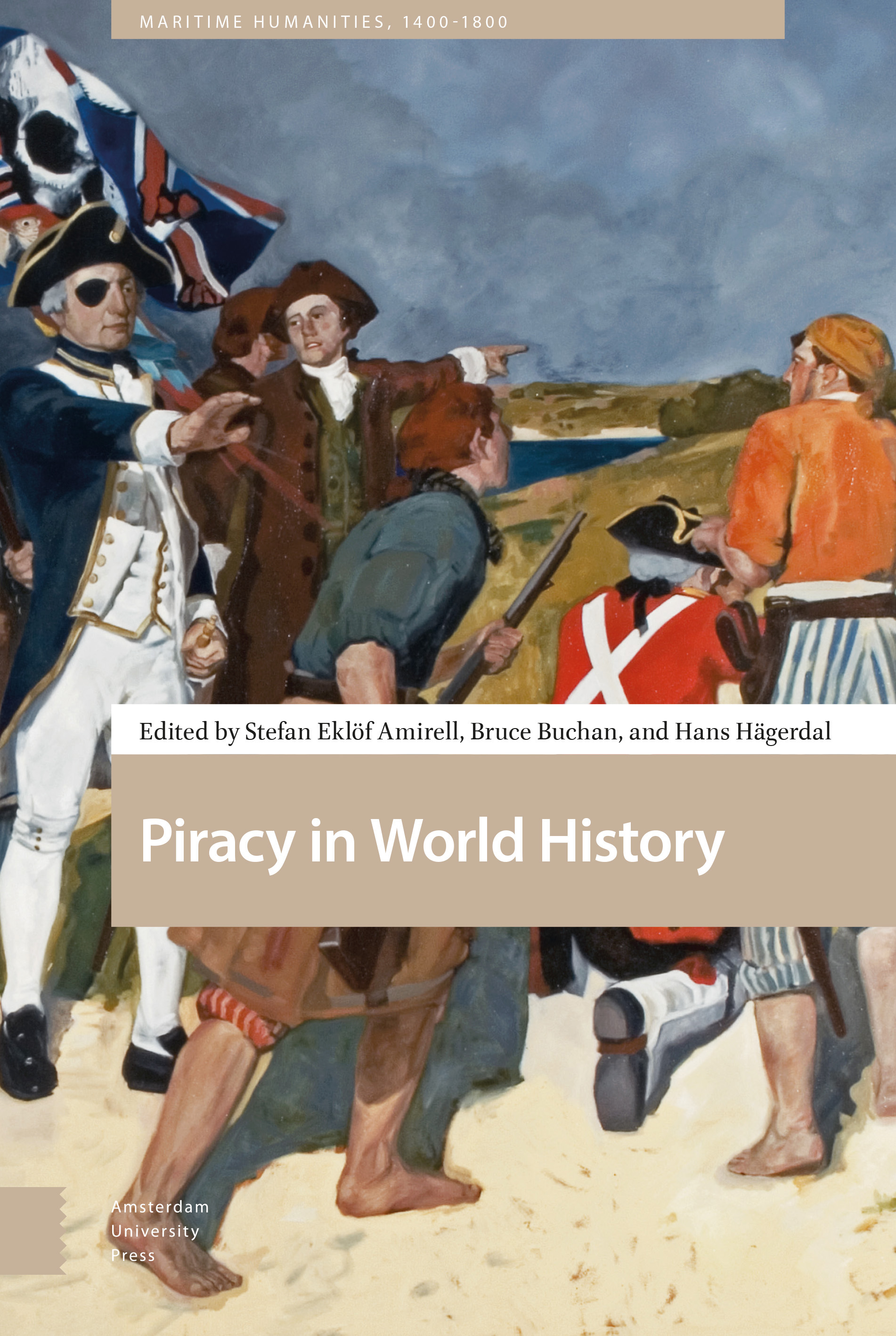Book contents
- Frontmatter
- Contents
- Acknowledgements
- 1 Introduction: Piracy in World History
- 2 “Publique Enemies to Mankind”: International Pirates as a Product of International Politics
- 3 All at Sea: Locke’s Tyrants and the Pyrates of Political Thought
- 4 The Colonial Origins of Theorizing Piracy’s Relation to Failed States
- 5 The Bugis-Makassar Seafarers: Pirates or Entrepreneurs?
- 6 Piracy in India’s Western Littoral: Reality and Representation
- 7 Holy Warriors, Rebels, and Thieves: Defining Maritime Violence in the Ottoman Mediterranean
- 8 Piracy, Empire, and Sovereignty in Late Imperial China
- 9 Persistent Piracy in Philippine Waters: Metropolitan Discourses about Chinese, Dutch, Japanese, and Moro Coastal Threats, 1570–1800
- 10 Sweden, Barbary Corsairs, and the Hostis Humani Generis: Justifying Piracy in European Political Thought
- 11 “Pirates of the Sea and the Land”: Concurrent Vietnamese and French Concepts of Piracy during the Second Half of the Nineteenth Century
- 12 Pirate Passages in Global History: Afterword
- Index
8 - Piracy, Empire, and Sovereignty in Late Imperial China
Published online by Cambridge University Press: 16 December 2021
- Frontmatter
- Contents
- Acknowledgements
- 1 Introduction: Piracy in World History
- 2 “Publique Enemies to Mankind”: International Pirates as a Product of International Politics
- 3 All at Sea: Locke’s Tyrants and the Pyrates of Political Thought
- 4 The Colonial Origins of Theorizing Piracy’s Relation to Failed States
- 5 The Bugis-Makassar Seafarers: Pirates or Entrepreneurs?
- 6 Piracy in India’s Western Littoral: Reality and Representation
- 7 Holy Warriors, Rebels, and Thieves: Defining Maritime Violence in the Ottoman Mediterranean
- 8 Piracy, Empire, and Sovereignty in Late Imperial China
- 9 Persistent Piracy in Philippine Waters: Metropolitan Discourses about Chinese, Dutch, Japanese, and Moro Coastal Threats, 1570–1800
- 10 Sweden, Barbary Corsairs, and the Hostis Humani Generis: Justifying Piracy in European Political Thought
- 11 “Pirates of the Sea and the Land”: Concurrent Vietnamese and French Concepts of Piracy during the Second Half of the Nineteenth Century
- 12 Pirate Passages in Global History: Afterword
- Index
Summary
Abstract
A reminder of the hazards of a Eurocentric approach to the phenomenon of piracy, this chapter studies interactions between the Qing regime and pirates. Late imperial China saw the development of three overlapping maritime “regimes” along its coasts, namely, the imperial dynastic power, the European overseas enterprise, and the “pirates” themselves. Notably, the latter two regimes challenged the first in various ways. A reassessment of the Qing imperial claims of sovereignty in the face of activities labelled as piracy provides crucial understanding of the way empire was constructed. One may point at both parallels and dissimilarities between East Asian and Western forms of piracy, revealing how the various players off China's coasts contended with each other over maritime space.
Keywords: China, Qing Dynasty, maritime regimes, sovereignty, maritime space
Introduction
Piracy played an important role in the making of the Qing Empire (1636/44–1911). Such a premise at first may appear far-fetched. Not so long ago, China scholars paid little attention to the maritime, dismissing it as peripheral and unimportant. Although today maritime history is one of the hottest topics in Chinese history, few if any scholars would place piracy at centre stage. Indeed, no China scholar has examined the relationship that piracy had with empire building and the legal regime upon which the state rested. Important studies by Janice Thomson, Anne Pérotin-Dumon, Eliga Gould, Lauren Benton, Michael Kempe, and others, although adding greatly to our understandings about the role that piracy has played in the operations of empire and law, nevertheless are Eurocentric in that they focus on Western imperialism and say little about how non-Western imperiums and legal regimes developed or functioned. In this chapter, I shift attention to the construction and internal dynamics of the Qing Empire, sovereignty, and piracy between the seventeenth and early twentieth centuries. Put simply, this chapter takes a China-centred perspective.
This chapter builds on Benton's and other recent studies on European empires, legal regimes, and piracy by exploring how Qing rulers, scholar-officials, agents of foreign states, and pirates interacted with one another in the construction of empire and sovereignty. While my research has been inspired by Benton in particular, I nonetheless take her studies as my point of departure because there is so much that was different in China. She has persuasively argued that the expansion of law closely followed the expansion of European empires across the globe.
- Type
- Chapter
- Information
- Piracy in World History , pp. 173 - 198Publisher: Amsterdam University PressPrint publication year: 2021



